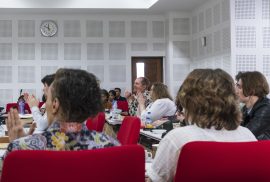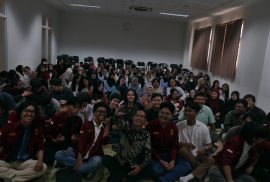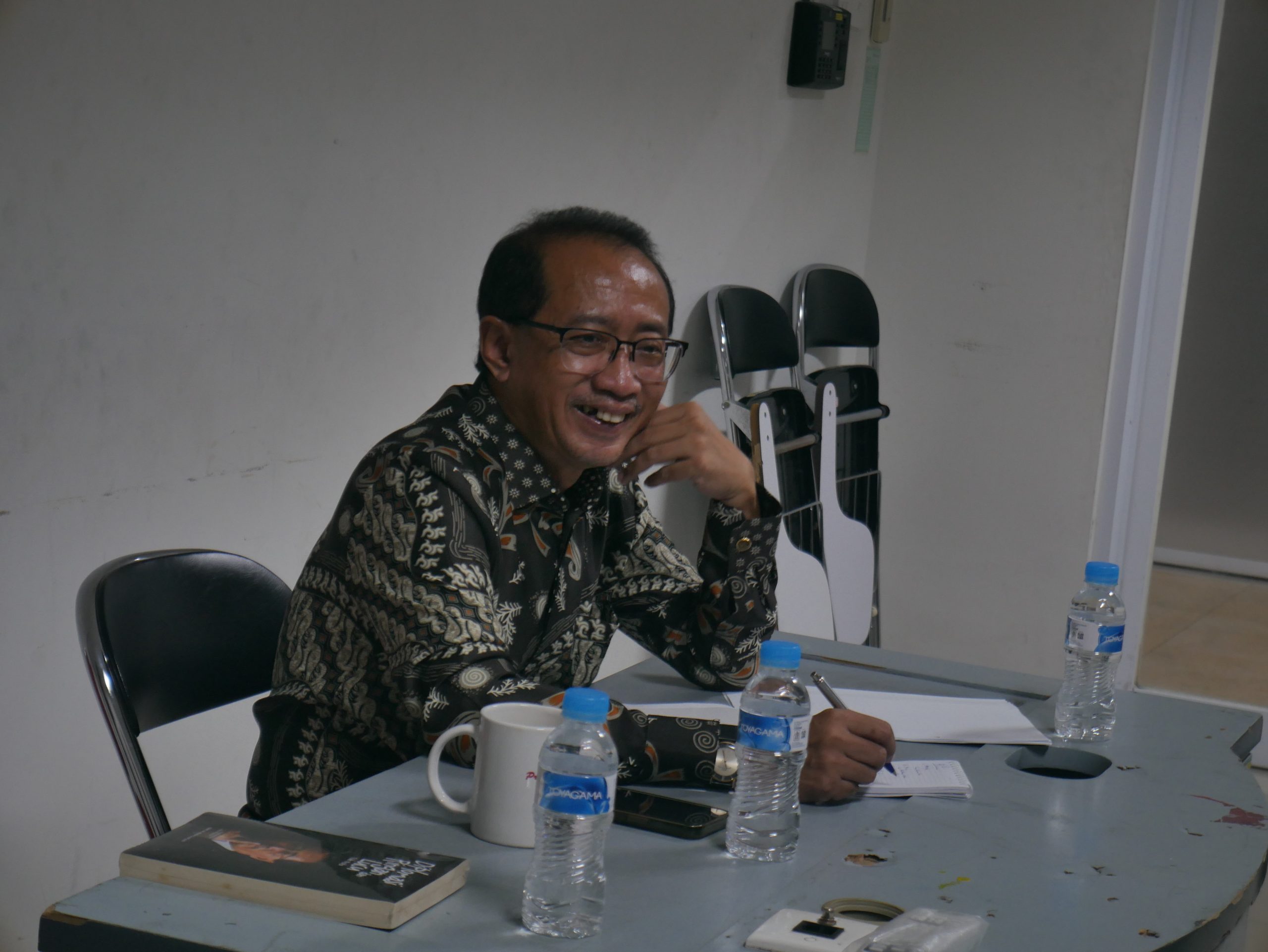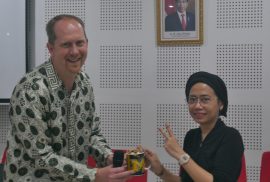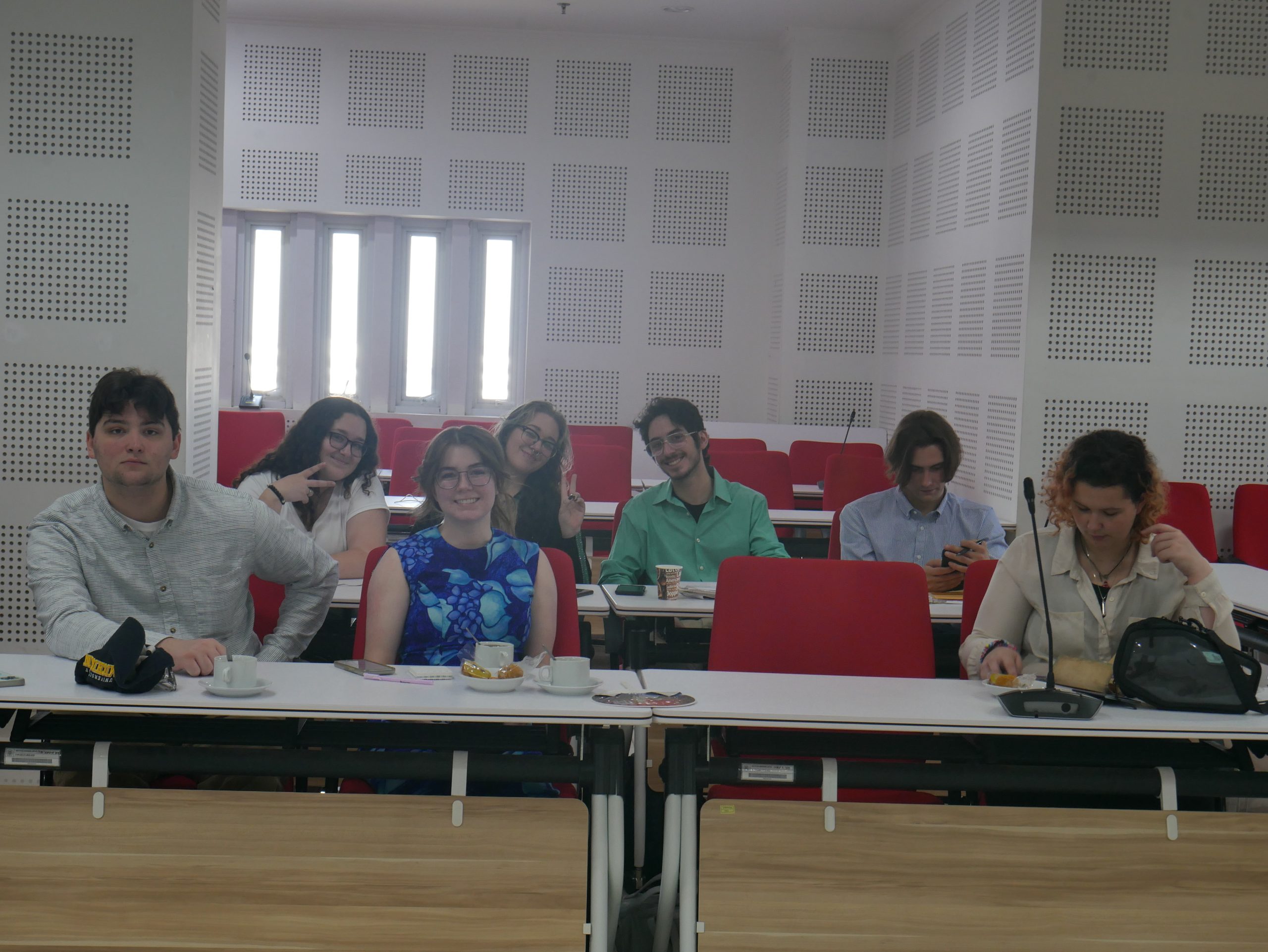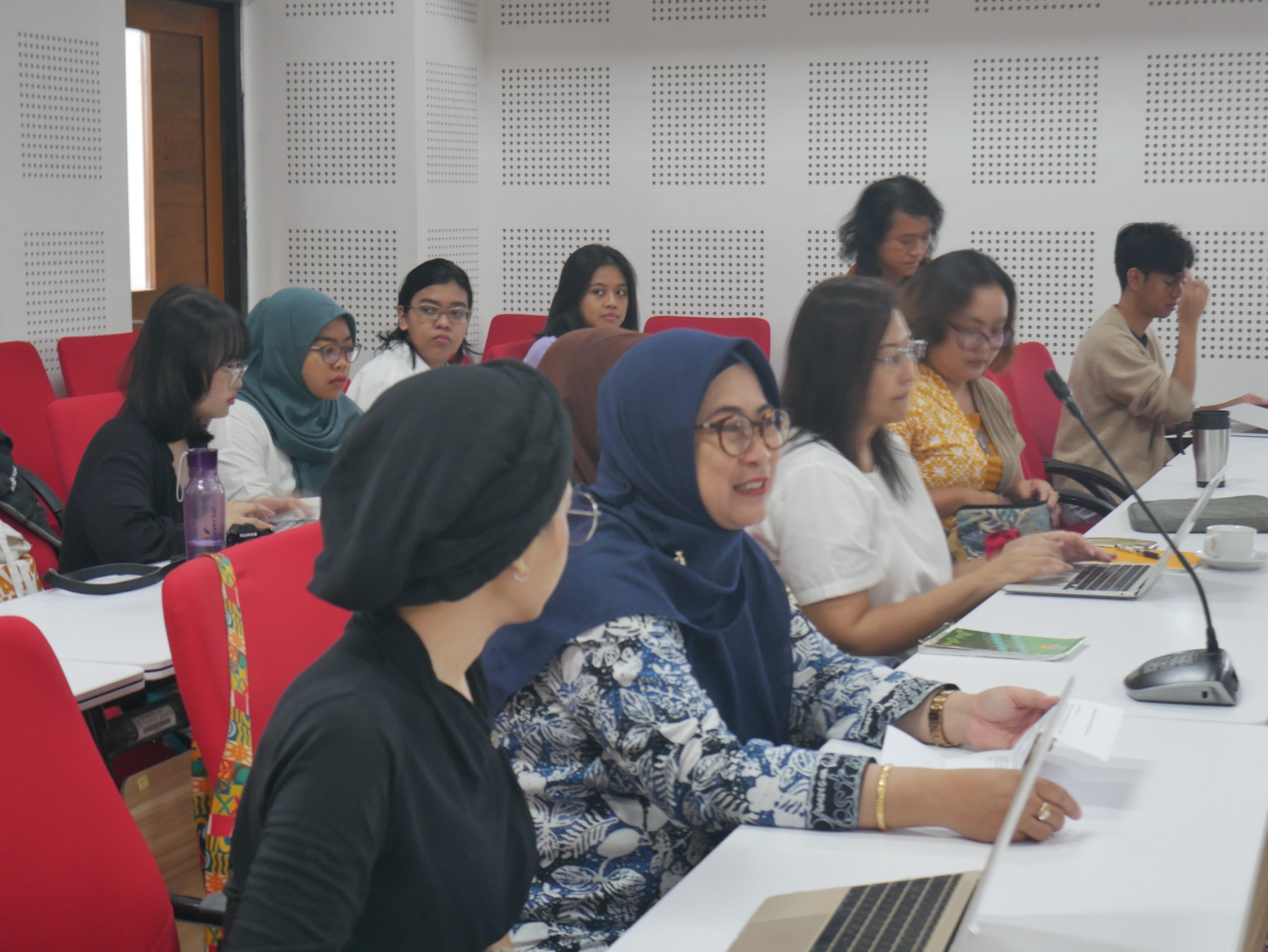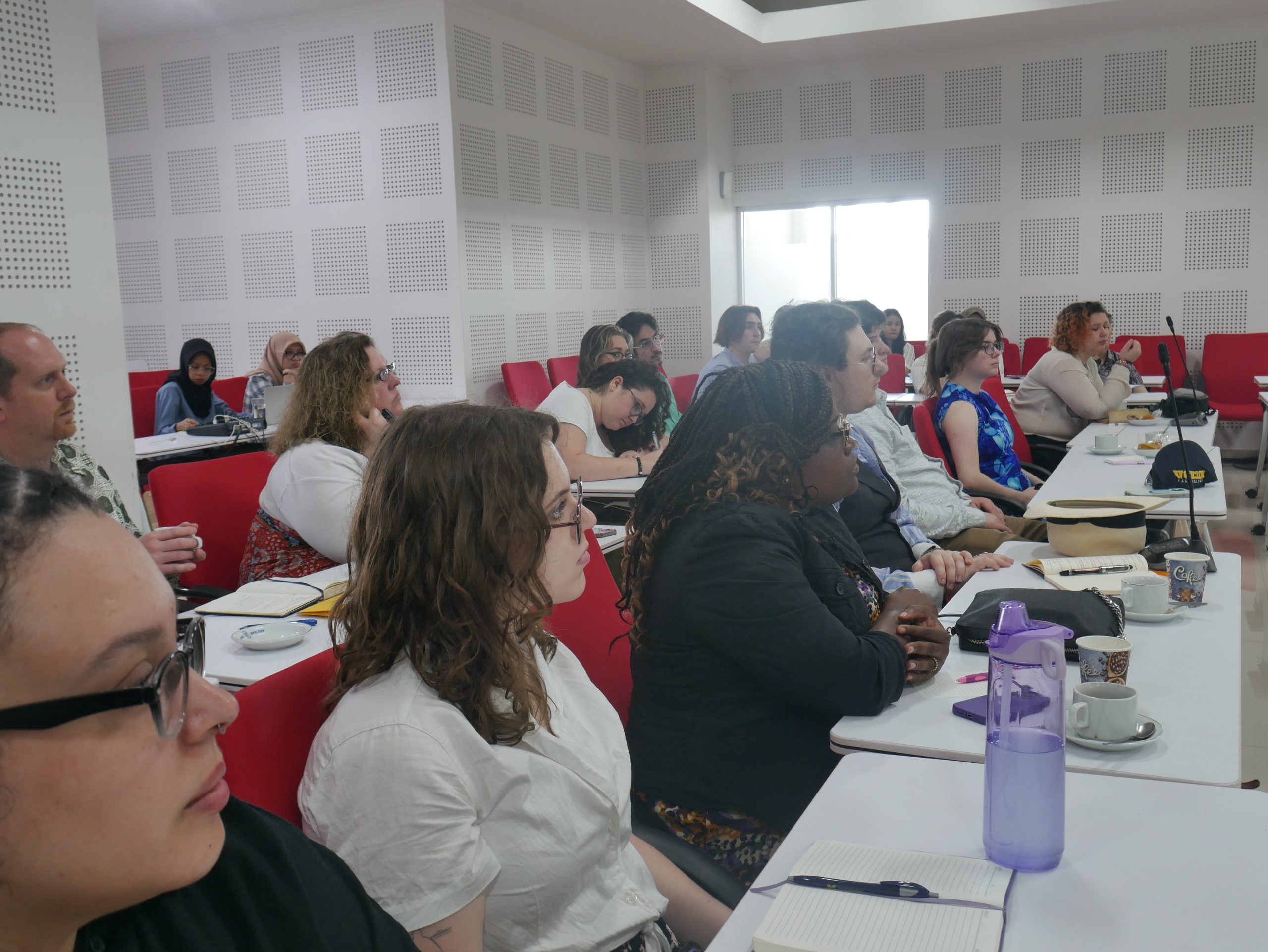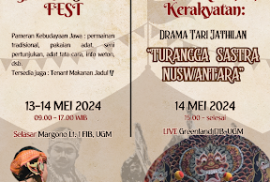SDGs 4: Quality Education | SDGs 5: Gender Equality
Yogyakarta, May 8, 2024 – The Department of Anthropology, Faculty of Cultural Sciences, Universitas Gadjah Mada, in collaboration with the Department of Behavioral Sciences, College of Arts and Sciences, Michigan-Flint, USA, held a public lecture titled “Gender and Society in Indonesia.” The event took place on Wednesday, May 8, 2024, in Soegondo Building 709, Faculty of Cultural Sciences UGM, and was attended by students from various study programs.
The public lecture featured three main speakers who are experts in gender issues. They were Sri Wiyanti Eddyono, S.H., LL.M., Ph.D. from the Faculty of Law UGM, Dr. Novi Kurnia, M.Si., M.A. from the Department of Communication UGM, and Dr. Suzie Handajani, M.A. from the Department of Anthropology UGM. These three speakers presented material that enriched the understanding of gender from various perspectives: legal, social, political, and cultural.
Sri Wiyanti Eddyono reviewed significant changes in laws and policies in Indonesia related to reproductive health and sexual rights over the past five years, including child marriage, sexual violence (including cyber sexual violence), abortion, sexual violence in higher education, and sexual violence in the workplace. She emphasized the need for evaluation at three levels: substantive law, legal structure, and legal culture. Dr. Novi Kurnia discussed gender politics in Indonesia, which creates ‘restricted spaces’ for women and queer individuals in public spaces, including in film, and underscored the importance of shared responsibility among educators, the government, the film community, audiences, and society to discuss these sensitive issues. Without the courage to challenge patriarchal-homophobic culture, inclusive diversity in Indonesia will only remain a dream. Meanwhile, Dr. Suzie Handajani provided an anthropological perspective on the dynamics of gender and sexuality in Indonesia, focusing on the concepts of motherhood and the hijab during the New Order era, explaining how history and culture influence views and practices related to gender in Indonesia.
Gender issues are highly relevant and important in Indonesia, especially in the context of current social and political developments. By presenting a multidisciplinary perspective, this public lecture aimed to provide comprehensive insights to students on the complexities of gender issues in Indonesia. Additionally, this event also aimed to encourage critical and constructive discussion, as well as increase awareness of the importance of gender justice in various aspects of life.
The public lecture “Gender and Society in Indonesia” not only enriched the knowledge of students but also formed part of UGM’s efforts to support the achievement of the Sustainable Development Goals (SDGs), particularly points 5 and 4. Point 5, which emphasizes gender equality and women’s empowerment, was reflected through discussions about policies and practices affecting the rights of women and gender minorities. Point 4, which guarantees inclusive and quality education, was realized through the provision of an educational platform involving academic and international perspectives. Through this activity, UGM is committed to shaping a generation sensitive to gender justice and actively contributing to creating a more equal world.
Author: Afif Naufal Widiadi

